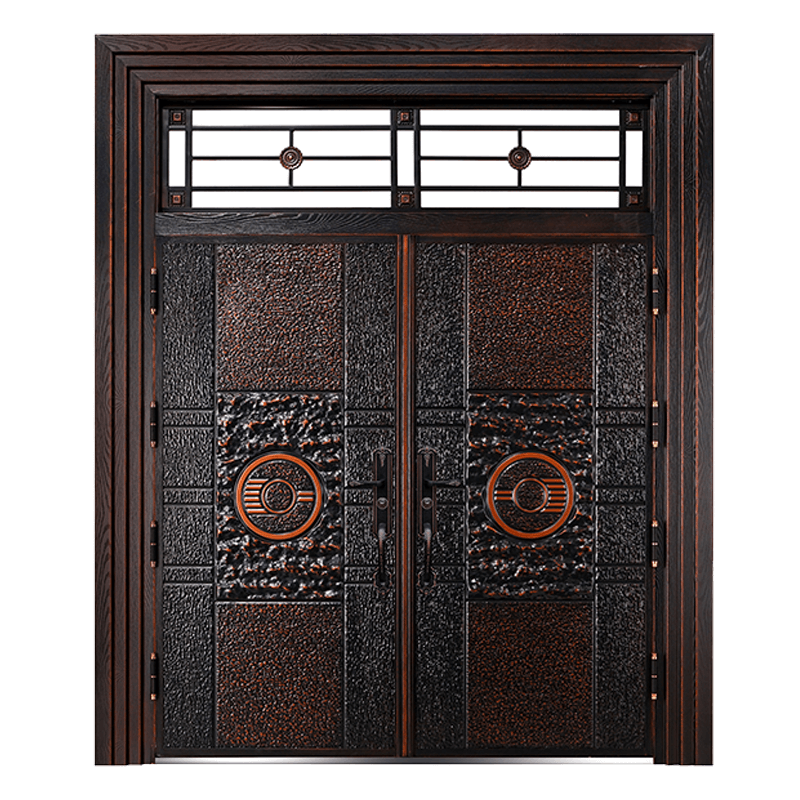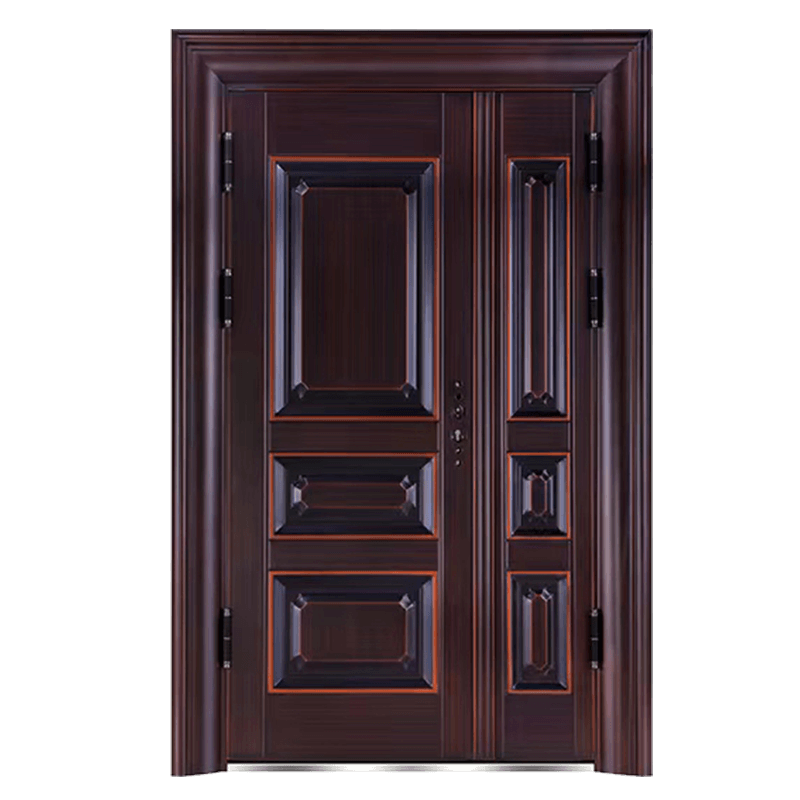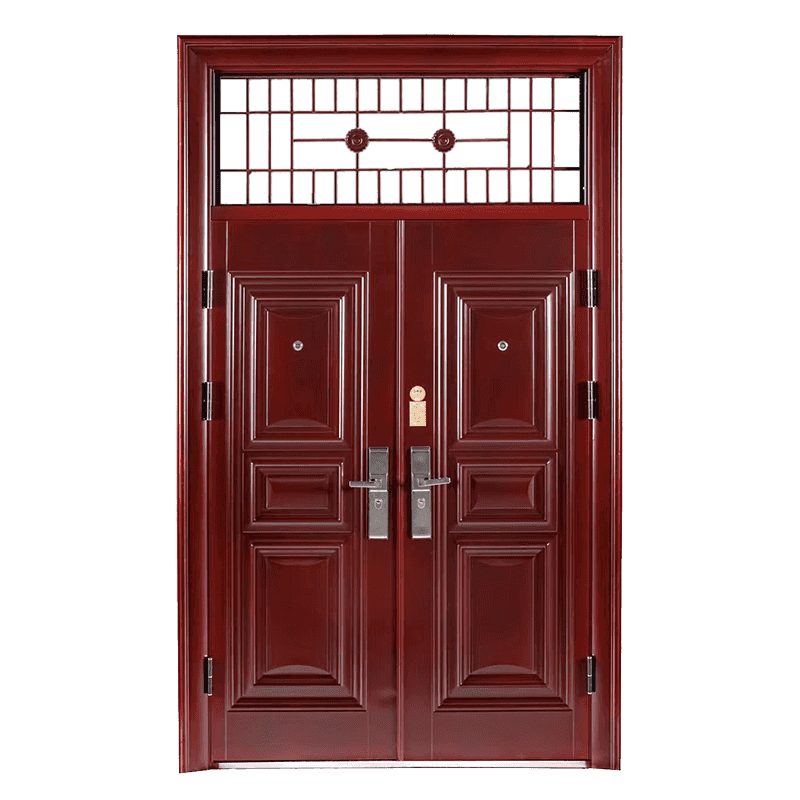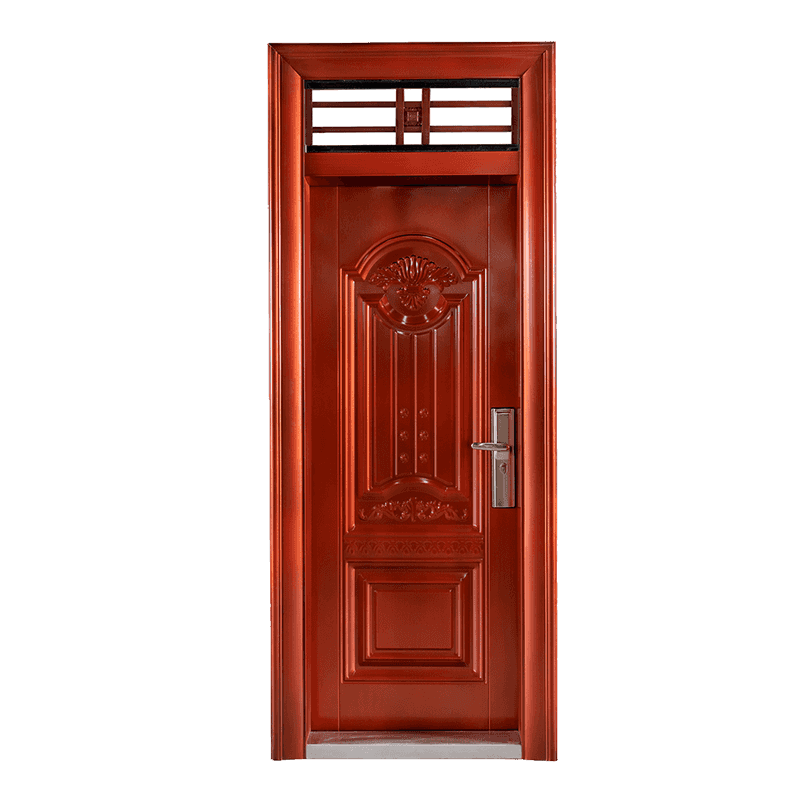Understanding the Impact Resistance and Compressive Strength of Kitchen And Bathroom Steel Door
Jun 13, 2025
Material Quality and Structural Design
The impact resistance and compressive strength of a Kitchen And Bathroom Steel Door largely depend on the materials used and its internal construction. Typically, these doors are made from galvanized or stainless steel, which inherently provides high strength and durability. The steel sheets used are often reinforced with an internal core structure, such as a honeycomb or steel frame, to improve load-bearing capacity and resistance to deformation. This combination of materials and design makes the door highly resilient to both impact and compressive forces.

Performance Against Impact Forces
In kitchens and bathrooms, doors frequently face accidental impacts such as bumps, knocks, or even forceful hits. The Kitchen and Bathroom Steel Door is engineered to withstand such stresses without sustaining damage like dents, cracks, or breaks. Its solid steel surface and reinforced core absorb and distribute impact forces efficiently, maintaining the door’s shape and function. Compared to wooden or plastic doors, steel doors offer good resistance to mechanical damage, making them ideal for high-traffic areas.
Compressive Strength and Durability
Compressive strength refers to the door’s ability to resist forces that push or crush it. Kitchen And Bathroom Steel Doors are designed to bear heavy loads, such as pressure from hardware, door closers, or external forces from usage and environment. This strength ensures that the door remains aligned and functional over time, reducing maintenance needs and prolonging its lifespan. The door’s robust construction prevents warping or bending, common issues in less durable materials.
Safety and Security Benefits
The good impact resistance and compressive strength of Kitchen And Bathroom Steel Doors also translate into better security. The sturdy steel construction makes it difficult for unauthorized entry through physical force, offering peace of mind, especially in kitchens where expensive appliances are stored or bathrooms where privacy is paramount. This enhanced security feature is a significant advantage over traditional wooden or hollow-core doors.
Comparison with Other Door Materials
Compared with wooden doors, which can dent, crack, or swell, Kitchen and Bathroom Steel Doors provide durability and resistance to physical damage. PVC or composite doors may offer moisture resistance, but generally lack the strength to withstand strong impacts or compressive forces. Thus, steel doors present a balanced solution of strength, durability, and resistance to environmental factors, making them suitable for both residential and commercial applications.
Maintenance Considerations
Thanks to their high strength and resistance, Kitchen and Bathroom Steel Doors require minimal maintenance to maintain their performance. Regular cleaning to prevent corrosion and periodic checks on hinges and locks are typically sufficient. Their ability to resist impact and compression means fewer repairs and replacements over time, providing long-term cost savings.
Conclusion
The Kitchen And Bathroom Steel Door stands out for its good impact resistance and compressive strength, attributes critical for durability and security in moisture-prone environments. Its strong materials, reinforced design, and low maintenance requirements make it a good choice for kitchens and bathrooms where both functionality and protection matter. Selecting a high-quality Kitchen And Bathroom Steel Door ensures lasting performance and peace of mind for users.

 English
English 中文简体
中文简体 Français
Français Español
Español عربى
عربى





